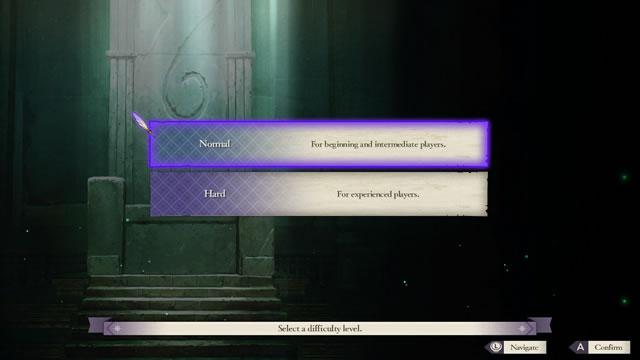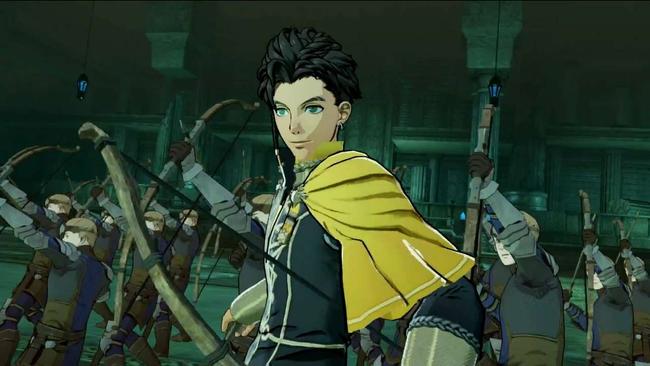
Fire Emblem: Three Houses Difficulty Advice: casual or classic and normal or hard?
Fire Emblem: Three Houses asks a lot of you from very early on. There's a lot of story choices to consider, and even things like your character's birthday can have an impact on things. Other things, like the choice in dialogue between saying you're a ghost, demon or mortal, have no impact at all. One thing that definitely does have an impact is your difficulty, which comes in the form of two choices: casual or classic and normal or hard.
These are pretty obvious and simple, and work as follows:
- Normal or Hard just determines the difficulty of the game in terms of how strong and smart enemy units are in battle. That means you'll need to be more tactical in battle and worry more about things like your character classes, but it won't impact story stuff like choice and consequence.
- Casual or Classic is the choice that determines what happens to characters when they die in battle, with classic mode replicating the old-school, unforgiving Fire Emblem experience. If characters die, that might impact some story stuff and of course will put the pressure on to do more character recruitment.
That's all well and good - but which do we recommend? Read on...

Should I choose Casual or Classic in Fire Emblem: Three Houses?
Classic Mode in Fire Emblem: Three Houses features permanent character death - so if a character is killed in battle, they're gone forever. You won't be able to use them as a unit or be available for lessons or any of the extracurricular activities at school. They're gone. This is how things were in Fire Emblem from the very beginning.
In Casual Mode, which was introduced a few years ago in Fire Emblem Awakening, killed characters are downed for the battle, but are revived afterwards for future combat and other content.
To put it simply, we at RPG Site wholeheartedly recommend Classic Mode for Fire Emblem: Three Houses - and there's a few reasons for this:
- Classic Mode piles on the pressure by making you think harder about battle choices. You can't be cavalier if you want to keep all of your units. Strategy is key - this is a strategy RPG, after all.
- Fire Emblem: Three Houses invests a lot into making you get to know and care for its characters. The threat of them dying arguably enhances the experience.
- While permanent death isn't for everybody, Three Houses actually has a new feature for Fire Emblem: Divine Pulse. Divine Pulse is essentially a rewind for battles, allowing you to undo actions that go wrong. So even if a character is killed, you can use Divine Pulse to undo it and rethink your strategy. Divine Pulse is a limited mechanic, however, so some threat still remains.
Ultimately the choice is yours, but we feel with the option to use Divine Pulse, there's now no real reason not to embrace Classic Mode.

Normal or Hard - which Fire Emblem: Three Houses difficulty should you choose?
The choice between Normal or Hard is a more simple one to talk about. One is harder than the other. Simple as that.
In terms of Fire Emblem: Three Houses' base difficulty, we'd recommend that series or strategy game veterans head straight for Hard Mode. For what it's worth, the Hard Mode in Three Houses is also a tad easier than the hard mode that graced past entries, even the breezier ones like Awakening.
Hard Mode is generally a safe recommendation in general - in our Fire Emblem Three Houses review, we noted that it was arguably a little bit easy. However, those less used to or comfortable with strategy games should definitely go for Normal - it's more than easy enough.
If you're an experienced player struggling to find a challenge even in Hard mode, fear not - harder difficulty options are coming to the game as a free update. Leaks have suggested "Maddening" and "Infernal" as difficulty levels - though "Lunatic" is typically the hardest Fire Emblem mode in past games.